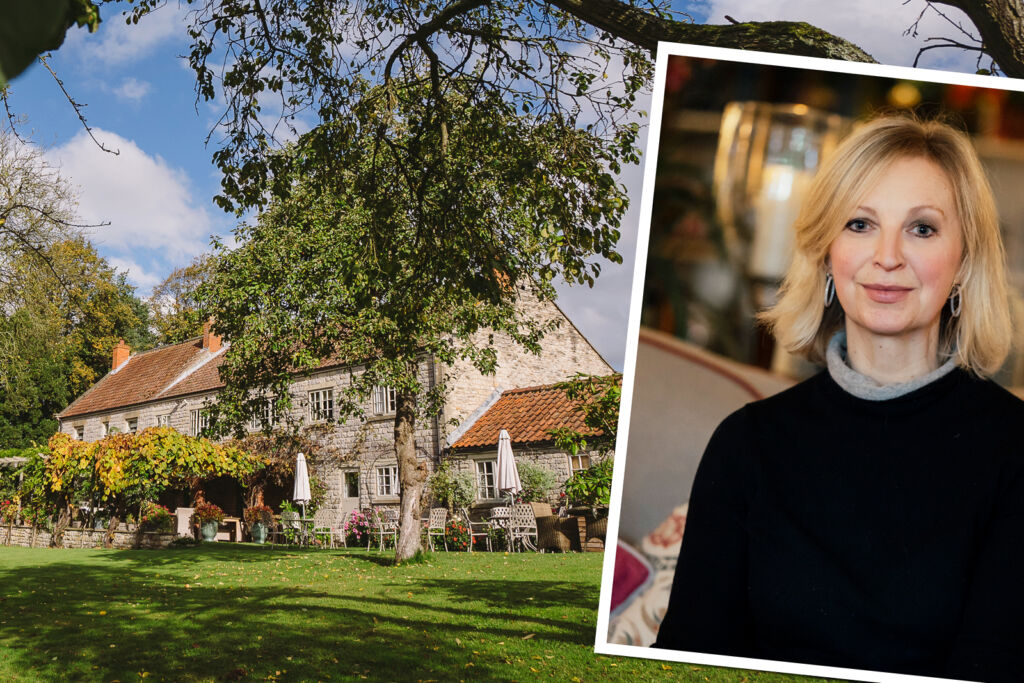
Sabi Phagura caught up with The Pheasant Hotel’s co-owner, Jacquie Pern, to discuss all things design at the property in Harome, Yorkshire.
Luxurious Magazine: How did you get into the hospitality industry?
Jacquie Pern: I was brought up in pubs and hotels, as my parents were in and out of the hospitality industry as I was growing up. When I was five, they owned and ran a pub in the pretty village of Thornton Dale, and during my teenage years, they ran a hotel near Rosedale Abbey.
I have very fond memories of spending quite a lot of time with the ‘cooks’ in the kitchens of the Buck Inn eating delicious pea and ham soup, and then not quite so fond memories of cleaning bedrooms and mopping floors at The Blacksmiths Arms at Hartoft.
My parents both worked extremely hard, and it was very much a family business. As we always lived on site, it was home. I think that when you grow up in the industry, it becomes very much a way of life and part of who you are. When I left school, I studied musical theatre in London, but soon missed being in Yorkshire so head back home where I met my first husband Andrew.
We began working at The Milburn Arms in Rosedale and quickly realised we were both equally sufficiently passionate about the industry and all it entails to buy our own place. We purchased the iconic Star Inn at Harome, which was closed at the time, and we’ve never looked back.
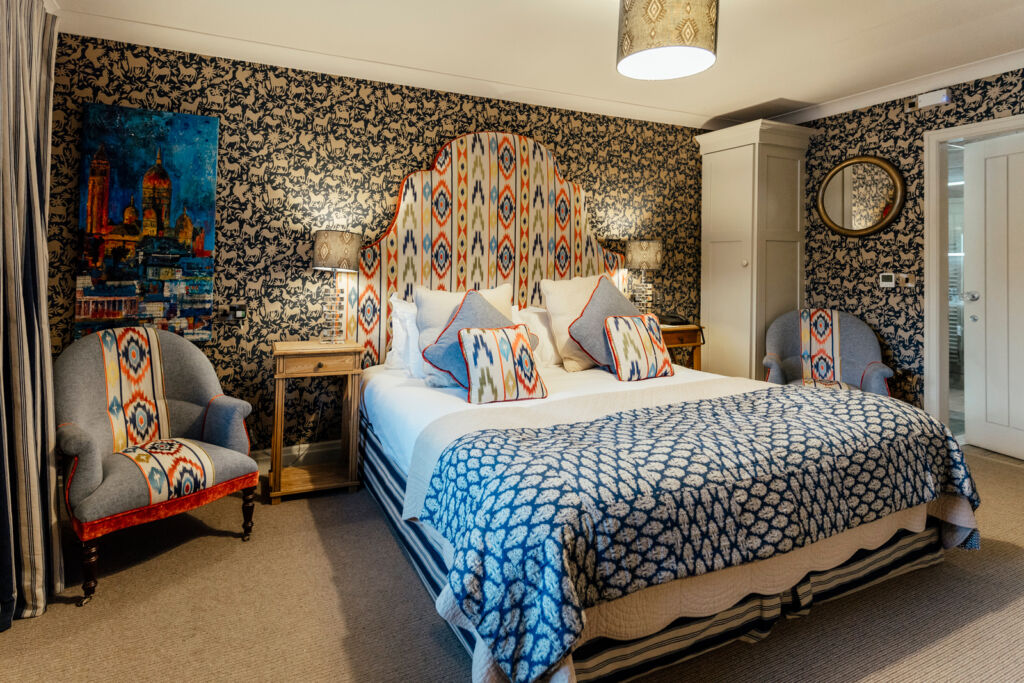
LM: We understand you are the key person who looks after the interiors. Where do you get your inspiration from?
JP: Interior design, and particularly the ambience it can create, has always been of great interest to me. As a child, I was constantly rearranging my bedroom and even constantly nagged my parents to redecorate! I get inspiration from everywhere, and as my husband owns an interior design company, I have access to beautiful fabrics and furniture.
I tend to stay in other hotels for inspiration because I find when you experience places as a guest you get a really good feel of what works and what doesn’t. I particularly like The Pig Hotels and Limewood, as they are very homely and individual. As a lot of effort has gone into sourcing items, it makes them much more personal.
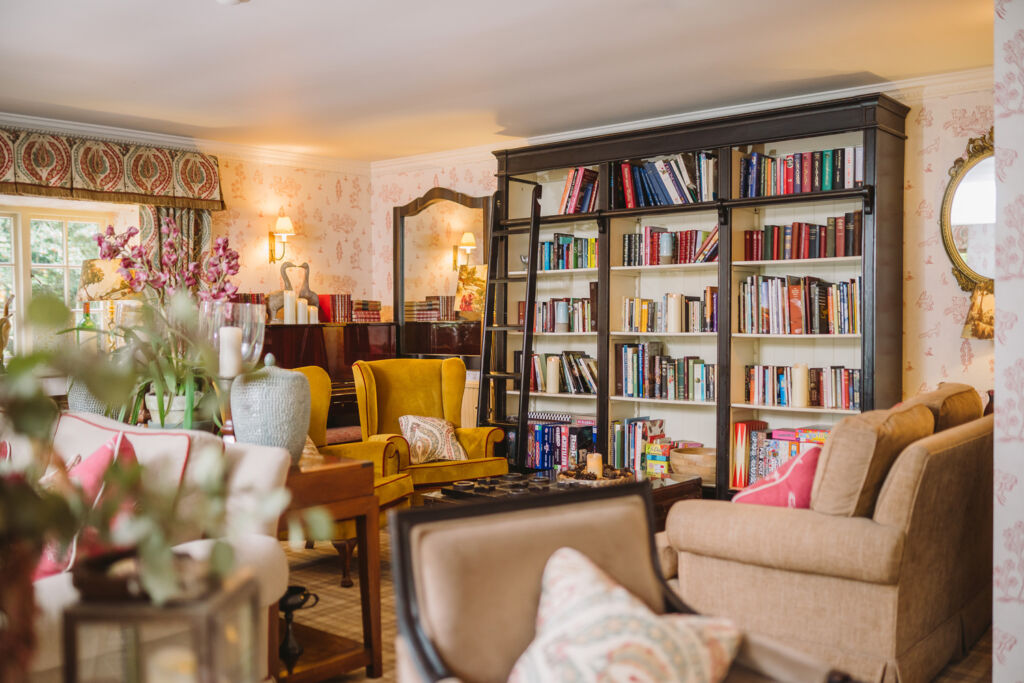
LM: What’s been the most challenging part of your interior design role?
JP: One of the challenges in a commercial project is to create a quality and stylish environment whilst also creating a practical one. It’s easy to invest a lot of money to achieve the desired look, only to find out it won’t withstand the high level of wear and tear which is inevitable at busy hotels and restaurants.
Equally, in quality establishments, one can’t use inferior products, as this then won’t achieve the appropriate effect. You have to strike a balance. Constantly maintaining standards is also challenging, but essential.
LM: How often do you need to update the design of the hotel?
JP: We have a rolling programme of works, and are always either planning updates or carrying them out. Your own individual style and ideas are always evolving, so therefore it is inevitable that you will want to make changes and improvements. We tend to always be working on something new. We have a lot of regular guests to the hotel so it’s important to be seen to be making improvements all the time.
LM: Which interior designer inspires you the most?
JP: I have always greatly admired the designer Kit Kemp who owns and designs Firmdale Hotels, a chain of boutique hotels in London and New York. She has a very eclectic style which is so refreshing and individual. Her use of colour and texture is so well measured, and the attention to detail throughout the entire operation is simply phenomenal.
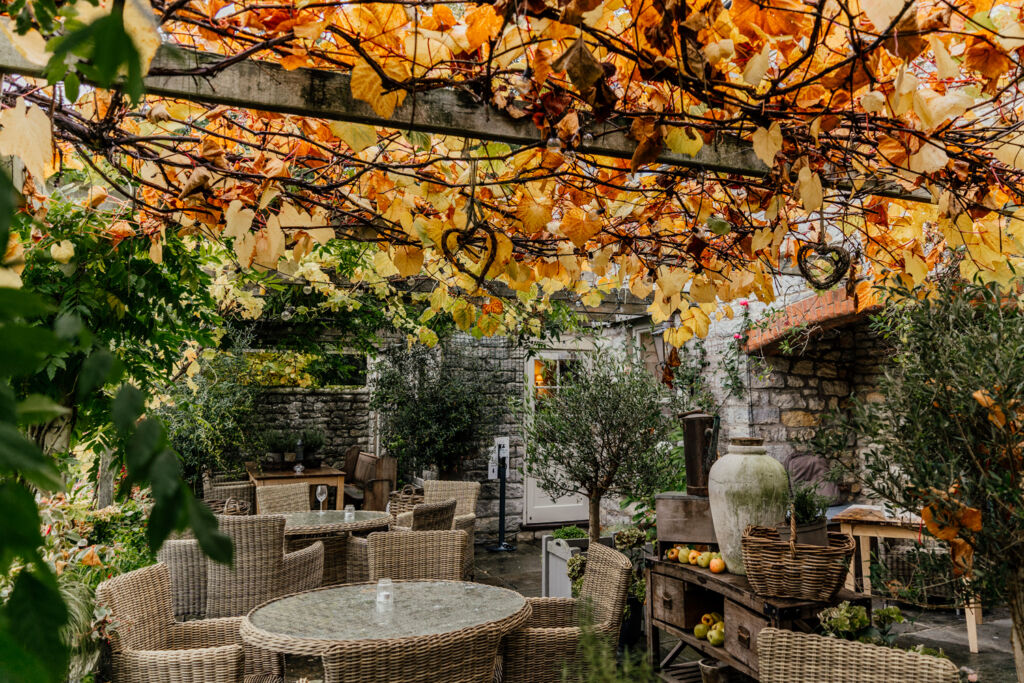
LM: We hear you’re normally busy all year round, but sadly 2020 hasn’t been kind to many industries, especially hospitality. How has the hotel been affected by the pandemic?
JP: I consider ourselves to have been very lucky during this tricky year. It was obviously devastating to be closed for three months, but once we reopened, we were incredibly busy. We have definitely benefitted from people holidaying at home, and I also think that being in a relatively remote location surrounded by beautiful countryside has been appealing.
We also benefit from having enough space to be able to socially distance guests without having to limit the number of people we can cater for. I do feel for establishments that have had to adapt so dramatically to adhere to regulations that their businesses have become almost unworkable.
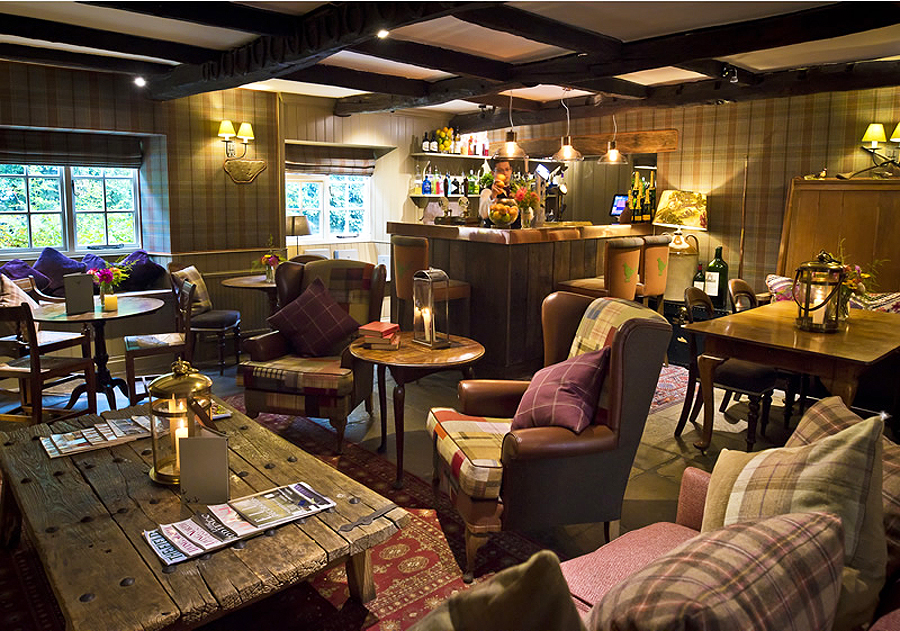
LM: As overseas travel is discouraged for the foreseeable future, what can guests expect from a staycation at The Pheasant Hotel?
JP: Hopefully, guests can expect a comfortable and relaxing break, a very warm welcome, extremely accommodating staff and delicious food and drink! As I mentioned before, we are located in a beautiful part of the world with some fabulous countryside to explore and plenty to see and do.
For guests not wanting to venture too far, they’re able to enjoy the ambience of the hotel by staying in, taking a dip in our pool or just sit by the fire. I think that people are really enjoying exploring new areas and discovering new places. I believe that the ‘staycation’ will be with us for quite a while, which is good news.
LM: And finally, what is the hotel planning for the year ahead?
JP: We are not sure what next year’s plans are as of yet. We recently purchased some land to the rear of the hotel and are hoping to increase our car parking and also add to our leisure facilities. However, this will greatly depend on us being able to continue operating as normal, so watch this space.
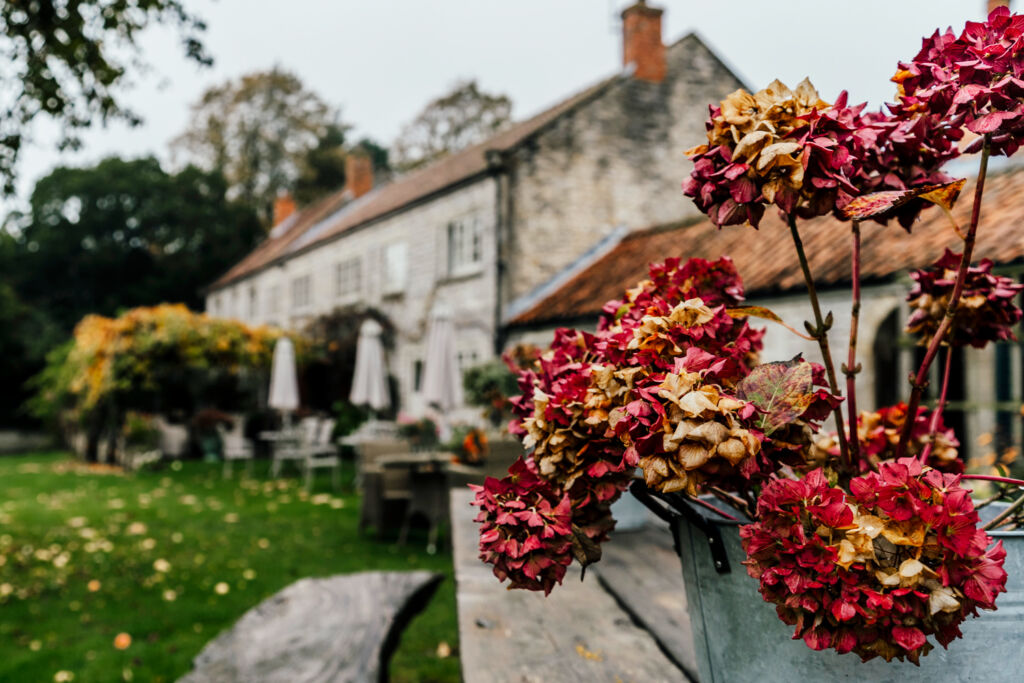
The Pheasant Hotel in Harome – Where and How?
The Pheasant Hotel is located at Mill St, Harome, North Yorkshire YO62 5JG. For more information, visit www.thepheasanthotel.com or call 01439 77124.
Read more exclusive interviews by Sabi Phagura here.
![]()

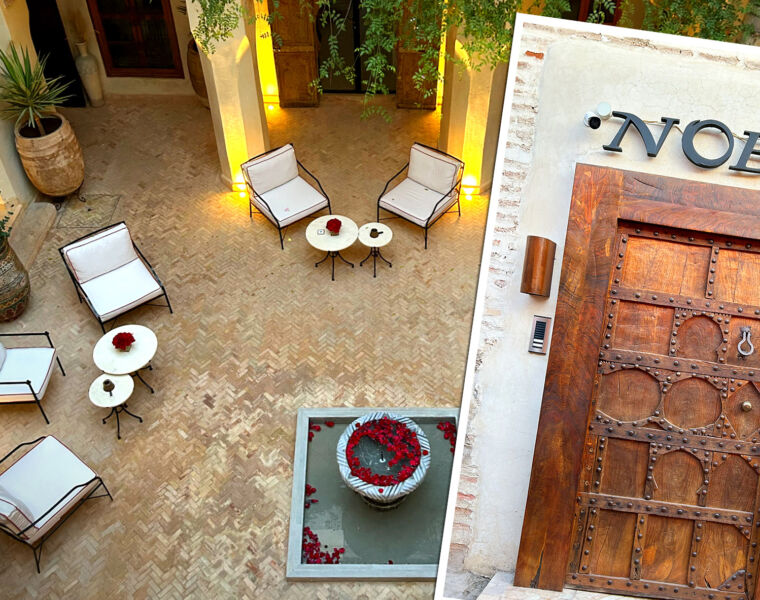


You must be logged in to post a comment.